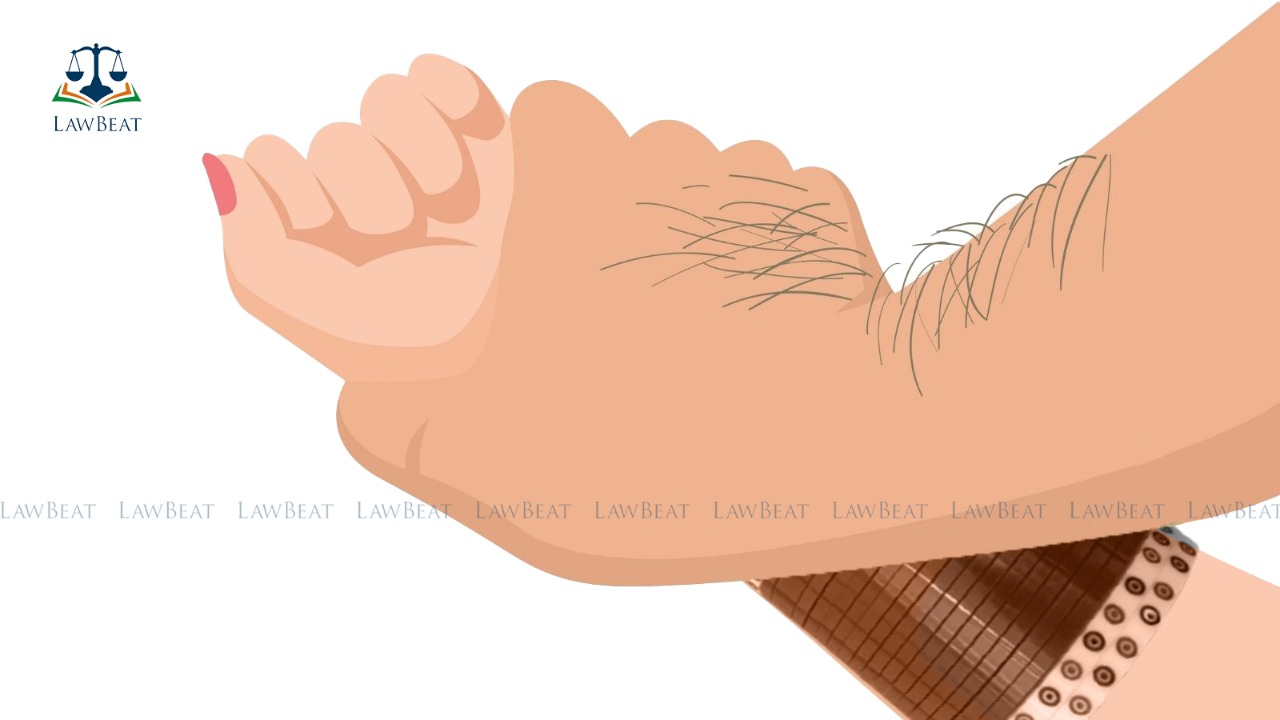Not correct to put victims on different pedestal just on the basis of relationship- Delhi High Court observed in the ongoing matter challenging constitutionality of marital rape

Justice Shakder of the Delhi High Court observed today that on the basis of a relationship, a crime can not be perturbed a 'alright'. The Court was hearing batch of plea's seeking criminalisation of marital rape in the criminal laws of India, presided over by Bench of Justices Hari C Shankar & Rajiv Shakder.
The Union government has filed an affidavit in the plea stating that marital rape cannot be made a criminal offence as it could become a phenomenon that may “destabilise the institution of marriage and an easy tool for harassing the husbands”.
The batch of plea's have been filed by NGOs RIT Foundation, All India Democratic Women’s Association, and two individuals challenging the constitutionality of exception 2 to section 375 of the IPC stating that it discriminates women who are raped and sexually assaulted by their husbands.
In continuance to yesterday's hearing, advocate Nandita Rao, speaking for Delhi Government submitted that the question of to be answered is two fold:
- First, whether exception 2 of sec. 375 of IPC is ultra vires the constitution.
- Whether striking it down would constitute creation of a new offence.
Advocate Rao submitted that exception to section 375 does not bar the wife from seeking recourse under other criminal law like cruelty. She further submitted that woman has civil remedy under personal law to have divorce and also has criminal remedy under secs 377,326 ( grievous hurt) and 498 A ( Cruelty). The exception under Section 375 does not render the woman remediless.
To this Justice Shakder, the argument is not acceptable, stating whether a wife will seek divorce is not the issue.
"We are discussing here about the firewall created by the exception 375. 375 deals with a situation when rape has occured. Then it says that when there is a marriage it doesn't apply. The questions is if someone is unwilling and the man forces is not an offence."
Justice Shakder further asked why should the law be different for married and unmarried women. He said it is not correct to put victims on different pedestal just on the basis of relationships.
To this Rao argued that the phycological and physical impact of rape is same on married and unmarried women, but social & economic impact is different. She argued that a child born out of rape rape won’t be legitimate which is not case for married couples. Advocate Rao further went on to argue that unlike other relationship, in case of a married man the burden of proof shifts to him, factoring in the proximity of parties.
Avocate Rao, further argued that the Judiciary does not have the power to create an offence. If the Justices choose to hold the exception to 375 as unconstitutional, then they will be creating a new offence, Rao argued. To this Justice Harishankar said that the court has the power to strike out a provision. "If we find it unconstitutional we have power to strike it out," Justice said.
Justice HariShankar further said that rape as an offence already exists, the exception is under the said offence is under question here, hence he said:
"We are not doing something outside our scope. Let's not take it to the extent where you say we are creating an offence. A person being punished as a result of us striking it out is a consequence."
The matter is next posted for 3PM tomorrow.
Case Title: RIT Foundation Vs. Union of India | Batch plea's
